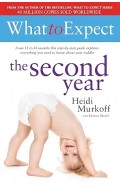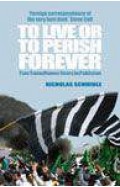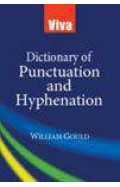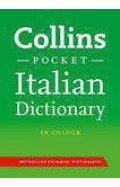- Home
- Books
- Sale
- Let's Read More FLAT 15% OFF
- The Penguin History of Modern Spain - 1898 to the Present
The Penguin History of Modern Spain - 1898 to the Present
By: Nigel Townson
-
Rs 4,122.25
- Rs 7,495.00
- 45%
You save Rs 3,372.75.
Due to constant currency fluctuation, prices are subject to change with or without notice.
'Spain is different,' proclaimed the Franco regime in the 1940s, keen to attract foreign tourists. For the most part, the world has agreed. From the end of its 'glorious empire' in 1898 to the dazzling World Cup victory in 2010, the prevailing narrative of modern Spain has emphasized the country's peculiarity. Generations of historians and readers have been transfixed by its implosion into civil war in the 1930s, seduced by the valiant struggle of the republicans, horrified by the barbarity of the dictatorship which followed. Franco's Spain was seen as an anomaly in the midst of prosperous and permissive post-war Western Europe. But, as Nigel Townson shows in this richly layered and exciting new history, beyond the familiar image, there lies a radically different history of Spain: of a dynamic and progressive society that fits firmly into the narrative of modern Europe.
Drawing on over forty years of post-Franco scholarship, The Penguin History of Modern Spain transforms our knowledge of Spain and its politics, society, economics and culture. It interweaves cutting-edge Spanish-led research - never before published in English - and testimonies of peasants, housewives, soldiers, workers, entrepreneurs, feminists and worker-priests, for an original and surprising portrait, which allows us, at last, to discern the country behind the veil of propaganda and romantic myths which still endure today
'Spain is different,' proclaimed the Franco regime in the 1940s, keen to attract foreign tourists. For the most part, the world has agreed. From the end of its 'glorious empire' in 1898 to the dazzling World Cup victory in 2010, the prevailing narrative of modern Spain has emphasized the country's peculiarity. Generations of historians and readers have been transfixed by its implosion into civil war in the 1930s, seduced by the valiant struggle of the republicans, horrified by the barbarity of the dictatorship which followed. Franco's Spain was seen as an anomaly in the midst of prosperous and permissive post-war Western Europe. But, as Nigel Townson shows in this richly layered and exciting new history, beyond the familiar image, there lies a radically different history of Spain: of a dynamic and progressive society that fits firmly into the narrative of modern Europe.
Drawing on over forty years of post-Franco scholarship, The Penguin History of Modern Spain transforms our knowledge of Spain and its politics, society, economics and culture. It interweaves cutting-edge Spanish-led research - never before published in English - and testimonies of peasants, housewives, soldiers, workers, entrepreneurs, feminists and worker-priests, for an original and surprising portrait, which allows us, at last, to discern the country behind the veil of propaganda and romantic myths which still endure today
The Penguin History of Modern Spain - 1898 to the Present
By: Nigel Townson
Rs 4,122.25 Rs 7,495.00 Ex Tax :Rs 4,122.25
Zubin Mehta: A Musical Journey (An Authorized Biography)
By: VOID - Bakhtiar K. Dadabhoy
Rs 472.50 Rs 1,050.00 Ex Tax :Rs 472.50
Viva Dictionary Of Punctuation And Hyphenation
By: William Gould
Rs 135.00 Rs 150.00 Ex Tax :Rs 135.00
And Another Thing... (The Hitchhiker's Guide to the Galaxy)
By: Eoin Colfer
Rs 355.50 Rs 395.00 Ex Tax :Rs 355.50
Collins Pocket Italian Dictionary
By: Collins Dictionaries
Rs 1,491.75 Rs 2,295.00 Ex Tax :Rs 1,491.75
No similar books from this author available at the moment.
No recently viewed books available at the moment.
Zubin Mehta: A Musical Journey (An Authorized Biography)
By: VOID - Bakhtiar K. Dadabhoy
Rs 472.50 Rs 1,050.00 Ex Tax :Rs 472.50
The Penguin History of Modern Spain - 1898 to the Present
By: Nigel Townson
Rs 4,122.25 Rs 7,495.00 Ex Tax :Rs 4,122.25












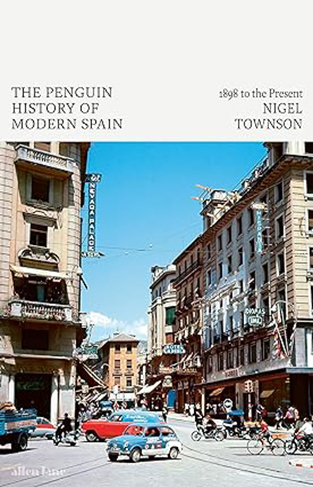
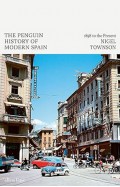
-120x187.jpg?q6)





